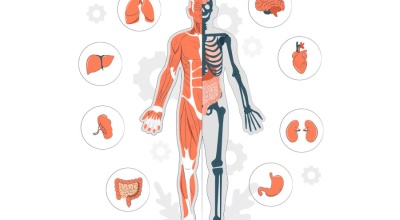Check out our important information on policy studies, evaluations and measurements on various social problems in our download section. It is our goal to attempt only adding timeless information for future reference.
CALL CONGRESS 1-844-USA-0234 DIAL ONLY ONE NUMBER
Public Downloads
All items are free to view, share, and download.
Public Downloads - Español (Spanish)
When available, we provide all our content with a Spanish version in our public download section. You can find additional material from sources listed in all our articles.
Download Did You Know Public Information
Download Did You Know Public Information Assessments














